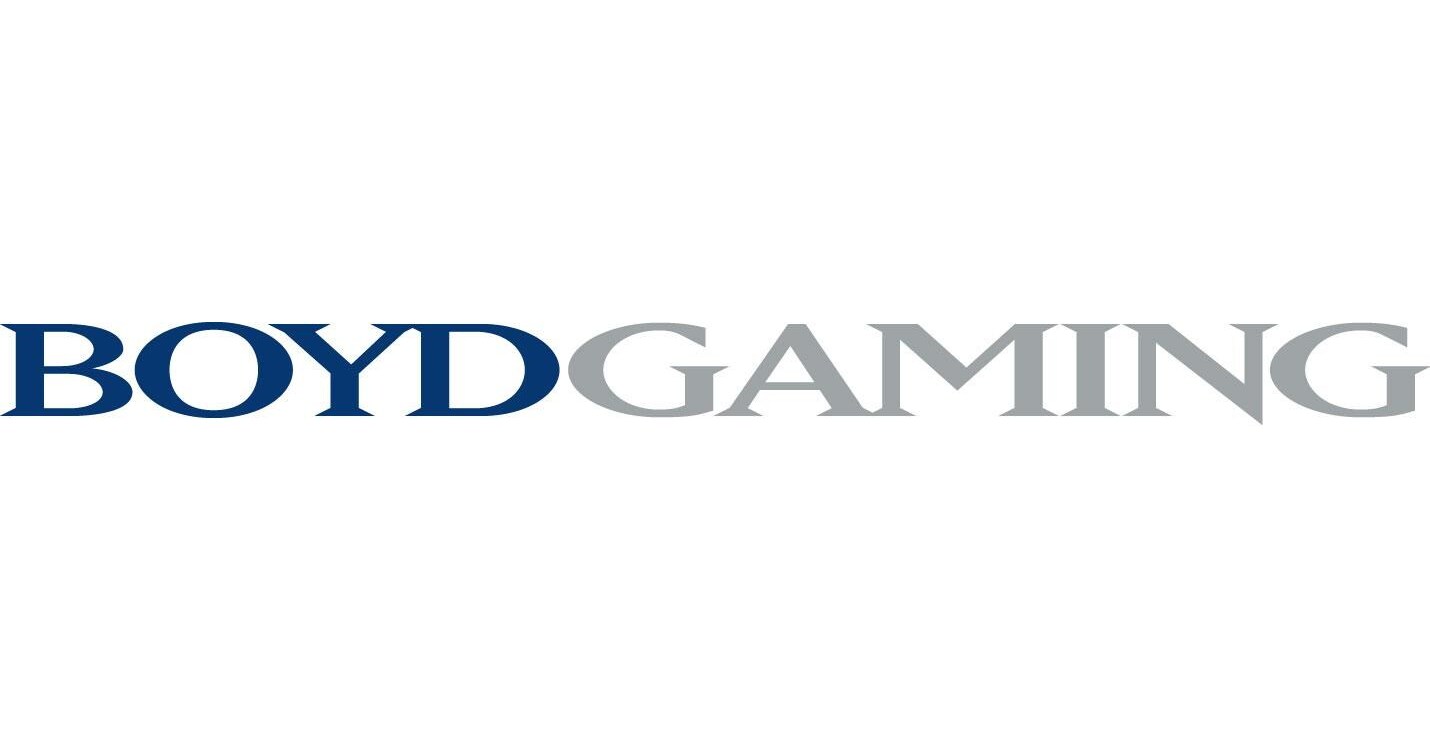A sign for Deutsche Bank AG at a bank branch in the financial district of Frankfurt, Germany, on Thursday, Feb. 2, 2023.
Bloomberg | Bloomberg | Getty Images
Deutsche Bank shares dipped on Wednesday, as the lender’s return to profit in the third quarter failed to impress.
Net profit attributable to shareholders came in at 1.461 billion euros ($1.58 billion) over the third quarter, compared with the 1.047 billion euros anticipated in a LSEG poll of analysts.
Revenue hit 7.5 billion euros, against a LSEG analyst forecast of 7.338 billion euros.
Other third-quarter highlights included:
- Profit before tax of 2.26 billion euros, up 31% year-on-year.
- Provision for credit losses of 494 million euros, up from 245 million euros in same quarter of last year.
- CET 1 capital ratio, a measure of bank solvency, was 13.8%, up from 13.5% in the second quarter.
- Return on tangible equity reached 10.2% (or 7.6% if adjusted for the lender’s litigation provisions), up from 7.3% year-over-year.
In a note, RBC analysts said that the increase in provisions for credit losses was “disappointing although not totally unexpected,” describing revenues in the bank’s core divisions as “slightly soft,” with the performance in investment banking standing out as “stronger.”
“Given the relatively strong run into numbers, the shares might see some weakness on the back of the Q3 update,” RBC said.
Deutsche Bank shares fell over 3% throughout the day before closing 0.9% lower.
Germany’s largest lender had posted a 143-million-euro loss in the second quarter, at the time announcing it would not embark on a second share buyback program this year and factoring in a provision for its long-running lawsuit over its acquisition of its Postbank division. Some 60% of plaintiffs in the litigation, pillared on allegations that Deutsche Bank underpaid for its purchase, have since settled with the German bank in August.
“We’re looking to turn the page really this year on all of the legacy items that we’ve had over time, because we don’t want to be surprising investors with the type of provision that we had to build in the second quarter,” Deutsche Bank Chief Financial Officer James von Moltke told CNBC’s Carolin Roth on Wednesday.
The partial release of 440 million euros of litigation provisions in the third quarter helped boost profit, Deutsche Bank said, and the lender has now guided it has applied for a share repurchase — a step previously stalled by the Postbank legal proceedings.
“We will continue on our path of profitable growth and exceed our original goals for capital distributions to shareholders,” Deutsche Bank CEO Christian Sewing said Wednesday. Von Moltke clarified to CNBC that these are buybacks the bank intends to execute next year.
The lender also noted revenues from its investment bank divisions rose to 2.5 billion euros, up 11% over the same period of last year, flagging growth in its fixed income and currencies unit. Asset management net revenues were 660 million euros, also 11% higher year-over-year.
Von Moltke noted that the two divisions gave the bank’s “standout performance” in the third quarter, with the corporate and private banks also doing “what we expected this year, which is dealing with the sort of back-end of the cycle of interest rates, and offsetting the interest rate pressure now with growth in fee and commission income.”
Touching on the broader macro framework, von Moltke on Wednesday acknowledged some disappointment with the pace of economic recovery in Deutsche Bank’s native Germany and assessed that the third-quarter conditions have carried into the fourth.
“There’s always a degree of volatility around events like an election that’s coming up in a couple of weeks,” he said with reference to the upcoming vote in the U.S., whose outcome could ripple into foreign currency. “And, of course, a reaction to what expectations are for policy change after the election. So that, to us, is reasonably encouraging.”
European banks
The performance of European lenders has been fortified by a spate of stock buybacks and dividends in recent years — and now faces the pressure of delivering earnings growth to keep pace with the profitability of U.S. peers in an environment of declining interest rates, after the European Central Bank began loosening monetary policy over the summer.
“Looking back, while the industry has reduced costs and kept credit quality high, the improvement in returns since 2021 appears to be largely owed to rising interest rates,” analysts at McKinsey warned in the consulting firm’s Global Banking Annual Review 2024, flagging that, in order to maintain current ROTE (return on tangible equity) margins, banks would need to trim costs approximately 2.5 times as fast as revenues fall.
Deutsche Bank, whose shares have gained nearly 30% this year to date, in February embarked on a sweeping cost-saving push set to lighten the lender’s headcount by 3,500 roles by 2025 — a figure that includes 800 cuts announced in the previous year. The bank said its full-time workforce was now 90,236, after adding 766 staff during the third quarter.
Market participants are hotly surveying the broader banking sector, after Deutsche Bank distanced itself from the prospect of a long-anticipated merger with domestic rival Commerzbank, which now faces a potential acquisition by Italy’s Unicredit. Von Moltke said Deutsche Bank looks at the potential merger with “equanimity.”
Other European banks are also due to post third-quarter earnings over the coming days, with Barclays out on Thursday and Swiss giant UBS reporting next week.
Correction: This story has been amended to correct the source of a quote from Christian Sewing.
— CNBC’s Ganesh Rao contributed to this report.







